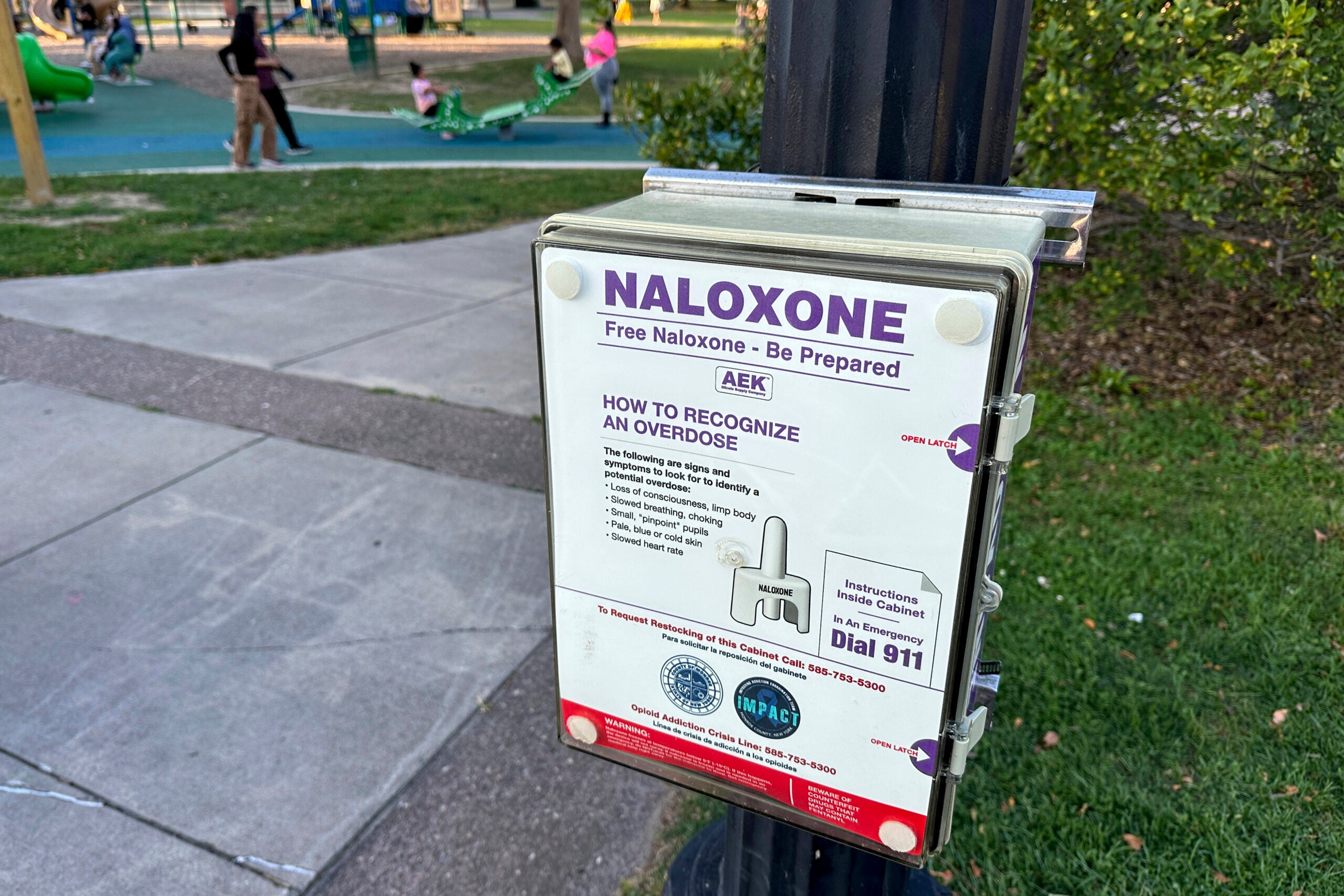A Chippewa County doctor under investigation by the Drug Enforcement Administration was punished by the state in 2012 for improperly prescribing narcotics but he said he was only trying to help patients with chronic pain, addiction and high tolerances for opioids.
Federal agents served a federal inspection warrant at Dr. Clifford Bowe’s Cadott Medical Center on Wednesday. The DEA nor the U.S. Attorney’s Office for the Western District of Wisconsin would say what agents were looking for or what they found.
But Bowe said he has agreed to a DEA suggestion to voluntarily stop prescribing opioid medications. His office has been closed indefinitely. He said his patients are high risk cases ranging from people suffering from chronic pain and addiction withdrawals, many of whom have high tolerances for opioid pain medications.
News with a little more humanity
WPR’s “Wisconsin Today” newsletter keeps you connected to the state you love without feeling overwhelmed. No paywall. No agenda. No corporate filter.
“There’s a lot of people that require more than the average pain medication in order to relieve their pain. So, many of my patients were refused elsewhere and were not given adequate amounts to relieve their pain,” Bowe said Friday.
He maintains his treatment of patients has been safe and appropriate, keeping many of them from buying illegal prescriptions on the street.
“I’ve had a really low risk of overdose in this population and have had a degree of success and the people are happy,” he said. “But on paper that does not look good if somebody reviews your record and you’re giving twice as much morphine to one patient as you are to the next patient.”
In 2012, the state Medical Examining Board reprimanded Bowe for infractions including prescribing opioids without properly diagnosing chronic pain and continuing to prescribe opioids to a patient who misused the medication.
Last year the Centers for Disease Control set new guidelines for doctors prescribing opioid medications and recommended prescribing them less often and in smaller doses. Some groups including the American Academy of Family Physicians had concerns, though, that the new guidelines would leave some patients in pain.
Wisconsin Public Radio, © Copyright 2026, Board of Regents of the University of Wisconsin System and Wisconsin Educational Communications Board.






